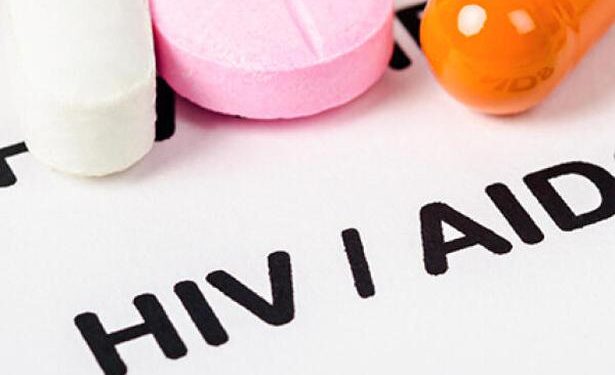The oldest patient has been cured of HIV after receiving a stem cell transplant for leukemia, researchers reported Wednesday.While the transplant was planned to treat the 66 -year -old leukemia, doctors also looked for a donor who was naturally resistant to virus that causes AIDS, a mechanism that worked for the first time to cure the “Berlin patient”, Timothy Ray Ray Ray, in 2007.
The last patient, the fourth in cured in this way, is known as the patient of the “City of Hope” after the facilities of the United States in Duarte, California, where he was treated, because he does not want to be identified.In addition to being the oldest, the patient has also had HIV more time, after being diagnosed in 1988 with what he described as a “death sentence” that killed many of his friends.
He has been in antiretroviral therapy (art) to control his condition for more than 30 years.The doctors who presented the data before the meeting of the International Society of AIDS (IAS) 2022 said that the case opened the potential for patients with HIV and blood cancer to access the treatment, particularly because the stem cell donor does not He was a family member.
“Continue hope and inspiration for people with HIV”When describing a cure such as the “Holy Grail”, Sharon Lewin, elected president of the IAS, said the case provided “continuous hope and inspiration” for people with HIV and the broader scientific community, although it was unlikely to be a Option for most people with HIV due to the risks of the procedure.
Scientists think the process works because the donor individual’s stem cells have a specific and rare genetic mutation, which means that they lack the HIV receptors to infect cells.On Wednesday, researchers in Spain also presented details of a 59 -year -old woman who is a rare group of what is known as “controllers after treatment.” They can maintain undetectable viral loads after stopping art, and also providing clues about a potential cure, Lewin said.
Before the IAS Conference that begins on Friday, the United Nations joint program on HIV/AIDS (UNUSIDA) also presented data that show how the Covid-19 pandemic had derailed world efforts to address HIV, including a reversal of the Progress in the most popular in the world. Region, Asia and El Pacífico.

